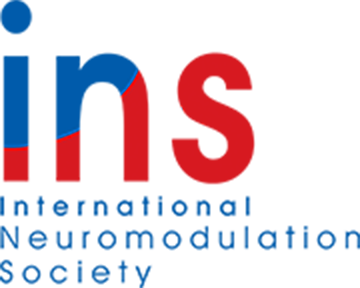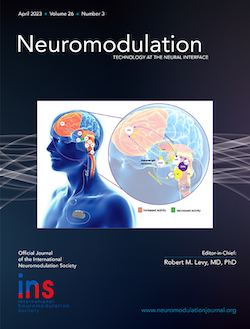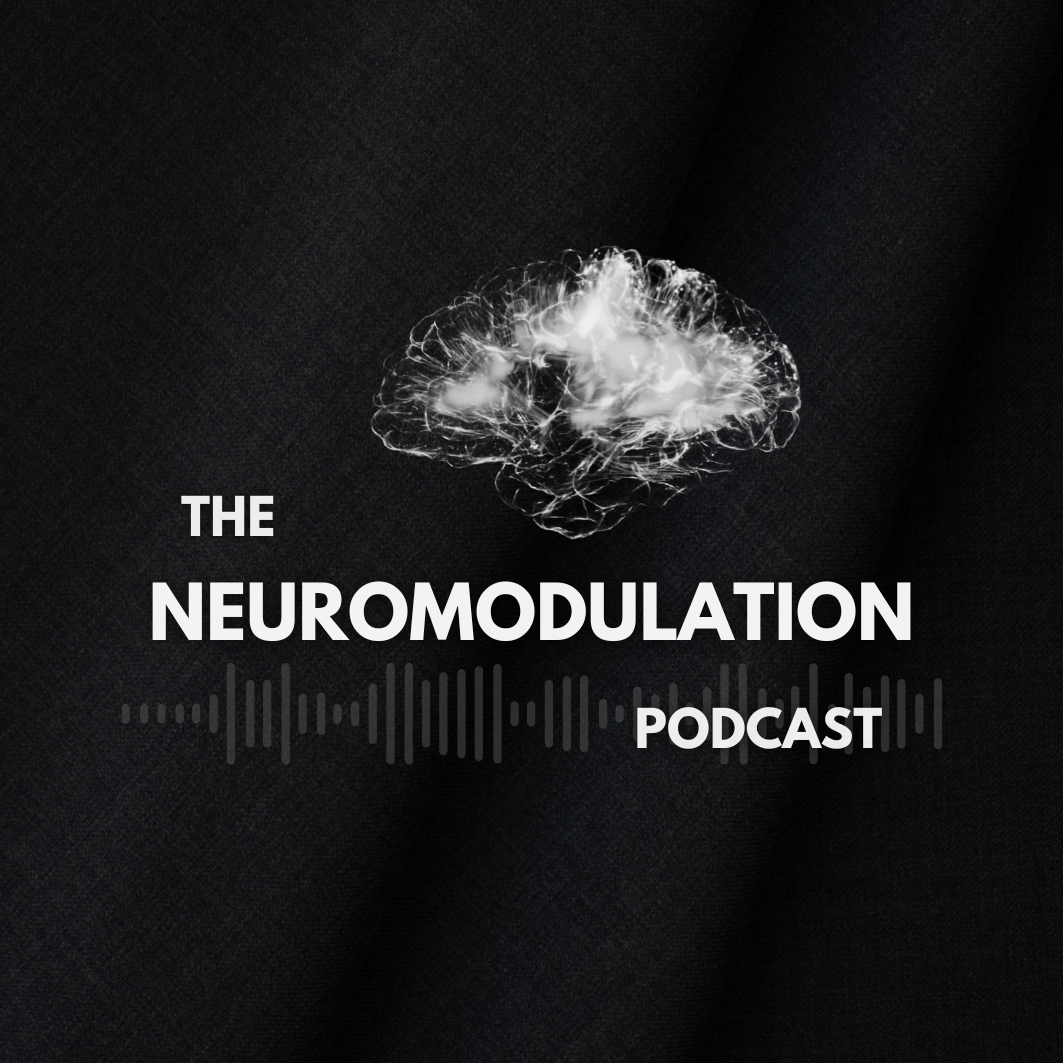The International Neuromodulation SocietyThe Fastest-Growing, Worldwide Multidisciplinary Body Devoted to Building Knowledge of NeuromodulationThe International Neuromodulation Society (INS) is a non-profit group of clinicians, scientists and engineers dedicated to the scientific development and awareness of neuromodulation – the alteration of nerve activity through targeted delivery of a stimulus, such as electrical stimulation or chemical agents, to specific neurological sites in the body. The San Francisco-based INS was formed in 1989 and educates and promotes the field through meetings, its peer-reviewed journal Neuromodulation: Technology at the Neural Interface, mentorship, and chapter websites. The INS also provides information for patients and produces rolling news briefs about this rapidly evolving field. Donate TodayThe INS Peer-Reviewed JournalThe INS journal Neuromodulation: Technology at the Neural Interface has a growing Impact Factor and is indexed in Index Medicus, MEDLINE and Pubmed from its first issue in 1998. Members may log in to the members-only section to read the journal online. The journal also has social media accounts on Twitter, Facebook, and Instagram.
The Neuromodulation Podcast has been developed for our membership to dive into the forefront of today's emerging neuromodulation techniques, insights, and ethical and clinical applications. Join the multidisciplinary collaboration of medical care providers, scientists, and engineers who are part of the global conversation that's shaping the future of healthcare. Subscribe now wherever you get your podcasts. What is Neuromodulation?Medical Professionals can learn about various considerations concerning neuromodulation and clinic contacts. Once your preliminary questions have been answered, please use the Contact Us facility to find out more and to discuss specific objectives. Others may simply wish to join the INS and one of its related chapter societies, please use the Membership Application. Clinical trials that involve a wide range of emerging neuromodulation approaches are listed on our Research page. Neuromodulation clinical trials address symptom control through nerve stimulation in such condition categories as:
Breaking NewsAccelerated Brain Stimulation Shows Promise for Treatment-Resistant Depression January 16, 2025 - A noninvasive, accelerated brain stimulation therapy significantly reduced symptoms of treatment-resistant depression in a randomized controlled trial, with about half of treated participants achieving remission within one month. The approach uses personalized brain imaging to target stimulation and was associated with measurable changes in brain activity linked to mood regulation. Experts note that durability, accessibility, and effectiveness across more diverse populations require further study. (Source: CNN) FDA Approves First Physician-Directed At-Home Neuromodulation for Treatment-Resistant Depression January 12, 2026 - The U.S. Food and Drug Administration has approved a prescription, at-home brain neuromodulation therapy as an adjunctive treatment for adults with major depressive disorder who have not responded adequately to antidepressant medications. Approval via the PMA pathway was supported by a randomized, controlled multicenter trial, showing clinically meaningful benefit with a favorable safety profile. The decision expands access to evidence-based neuromodulation by allowing supervised treatment delivery beyond specialized clinic settings. (Source: PR Newswire) Review Highlights Role of Spinal Cord Stimulation in Refractory CRPS January 6, 2025 - A narrative review reports that spinal cord stimulation can provide meaningful pain relief, functional improvement, and quality-of-life benefits for patients with complex regional pain syndrome who do not respond to conventional treatments. The review also notes that while the therapy is generally safe, ongoing advances in neuromodulation technology and patient selection are key to optimizing outcomes and reducing risks within multidisciplinary pain care. (Source: Cureus) Vagus Nerve Stimulation Shows Efficacy in Drug-Resistant Rheumatoid Arthritis December 22, 2025 - A large randomized, sham-controlled clinical trial found that vagus nerve–targeted neuromodulation significantly improved disease activity in patients with rheumatoid arthritis who had inadequate responses or intolerance to standard advanced therapies. Active stimulation achieved higher clinical response rates than sham at three months, with benefits sustained through 12 months and a favorable safety profile, supporting neuromodulation as a potential therapeutic option for refractory RA. (Source: Nature) New Research Highlights Maladaptive Brain Plasticity as a Key Driver of Chronic Pain December 22, 2025 - New research emphasizes that many chronic pain conditions are driven by maladaptive plastic changes in central pain-processing circuits rather than ongoing peripheral injury. This mechanism appears to underlie several severe and treatment-resistant pain syndromes, including neuropathic and nociplastic disorders. The findings highlight the potential of brain neuromodulation approaches to restore healthy network function, and underscore a gap between scientific progress and clinical practice. (Source: JAMA Neurology) To see select neuromodulation news by category, as well as news about the INS in particular, please visit the Newsroom. To see archived news briefs dating back to January 2011, visit the News Archive. Continue Reading News Briefs |


